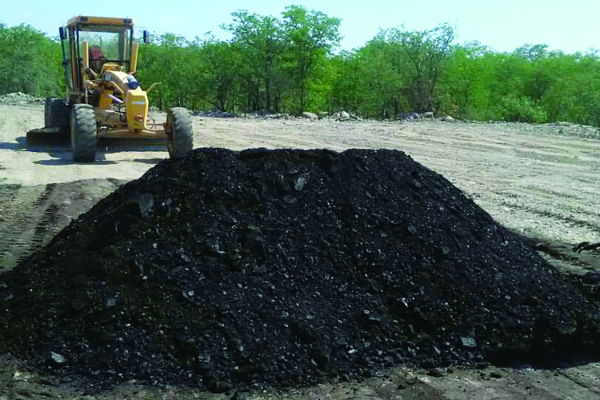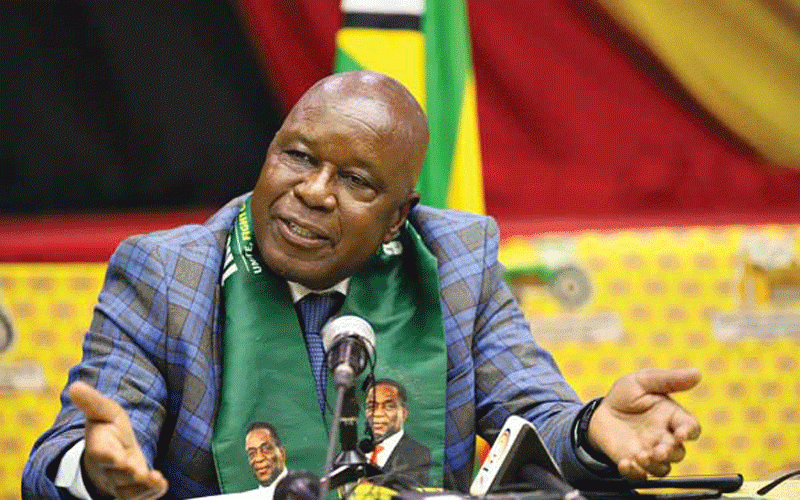
BY VENERANDA LANGA
A CLIMATE change specialist has said Zimbabwe needs close to $7 billion to mitigate climate change effects by 2030.
This was revealed last week in Parliament by director of water and climate change management in the Lands and Agriculture ministry, Washington Zhakata.
Zhakata told the Justice Mayor Wadyajena-led Parliamentary Portfolio Committee on Agriculture that there was need to begin to re-strategise and go for cleaner power generation projects like hydro and solar-powered electricity, rather than investment in thermal power which developed countries will have phased out by 2030.
Zimbabwe is signatory to the Kyoto Protocol, which stipulates that each member country has to look at national development strategies and plans that will ensure reduction of greenhouse gases in industry, agriculture, forestry, mining and different other fields by using cleaner technology.
“We need to increase hydro and solar in our energy mix and ensure that we refurbish and electrify our rail systems in order to reduce emission of greenhouse gases and protect the ozone layer,” Zhakata said.
“Indications are that we require over $7 billion by 2030 to ensure these projects are accomplished so that we review our transport system to move to electric mobility, reduce forestry degradation and ensure there are sustainable systems of curing tobacco,” he said.
On electricity power generation projects, Zhakata said Zimbabwe now needs to re-strategise in terms of where the country wants to go, because the country was still seeking investments in thermal power stations, which are high in greenhouse emissions due to the use of coal energy.
- Chamisa under fire over US$120K donation
- Mavhunga puts DeMbare into Chibuku quarterfinals
- Pension funds bet on Cabora Bassa oilfields
- Councils defy govt fire tender directive
Keep Reading
“Developed countries are now going the route of using cleaner energy like hydro and solar electricity, but Zimbabwe still seeks investment for thermal stations, which most countries won’t be using by 2030,” he said.
The climate change specialist said the major problem will be that Zimbabwe will struggle to get spares for thermal power stations by 2030 since most countries will not be manufacturing them.
In 2018, the Zimbabwe Power Company sought $500 million to revamp Hwange Thermal Power Station, which uses coal to generate electricity.
Some of the power stations that use thermal power include Hwange, Harare, Munyati and Bulawayo.
He said dialogue was critical to eradicate coal, one of the heaviest polluters of the environment.
Coal, however, brings the much-needed foreign currency into the country.











